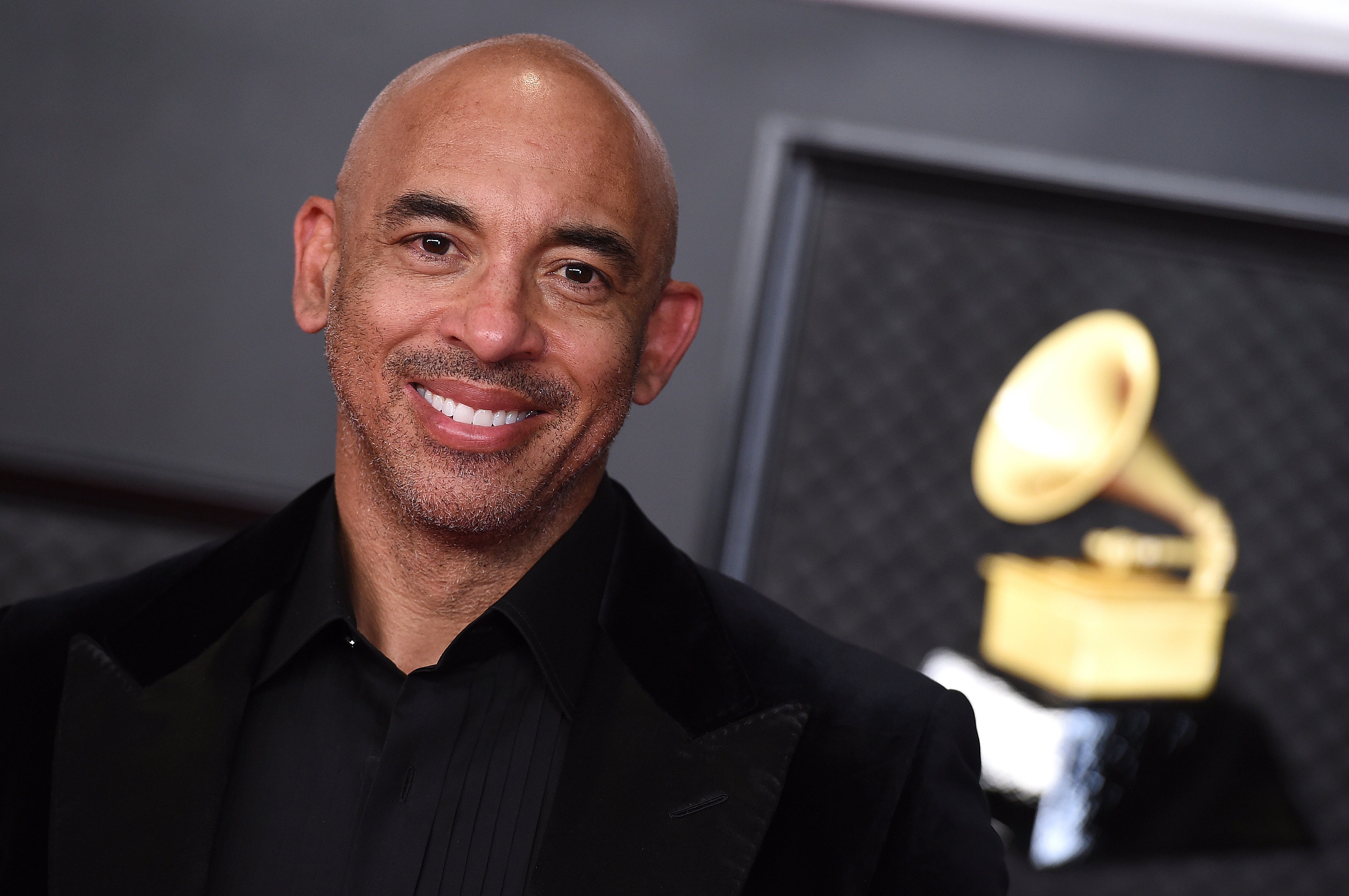Grammys CEO on new AI guidelines: Music that contains AI-created elements is eligible. 'Period.'
In June, the Recording Academy announced a series of changes to the forthcoming Grammy Awards to better reflect an evolving music industry, including new AI protocols

Last month, the Recording Academy announced a series of changes to the Grammy Awards to better reflect an evolving music industry. Of those newly instituted guidelines, protocols involving technological advancements in machine learning sparked headlines: “Only human creators” could win the music industry’s highest honor in a decision aimed at the use of artificial intelligence in popular music.
“A work that contains no human authorship is not eligible in any category,” the rules read in part.
As the music industry continues to come to terms with this new technology, so too will the Grammys, says Recording Academy CEO and President Harvey Mason jr.
“Here’s the super easy, headline statement: AI, or music that contains AI-created elements is absolutely eligible for entry and for consideration for Grammy nomination. Period,” Mason told The Associated Press. “What’s not going to happen is we are not going to give a Grammy or Grammy nomination to the AI portion.”
If an AI or voice modeling program performs the lead vocal on a song, the track would be eligible in a songwriting category, for example, but not a performance category, because “what is performing is not human creation,” he explains. “Conversely, if a song was sung by an actual human in the studio, and they did all the performing, but AI wrote the lyric or the track, the song would not be eligible in a composition or a songwriting category.”
“As long as the human is contributing in a more than de minimis amount, which to us means a meaningful way, they are and will always be considered for a nomination or a win,” he continued. “We don’t want to see technology replace human creativity. We want to make sure technology is enhancing, embellishing, or additive to human creativity. So that’s why we took this particular stand in this award cycle.”
The Recording Academy has long considered setting rules related to AI following the popularity of new songs created alongside AI technology: David Guetta’s “Emin-AI-em”, the AI -compositions of TikTok user @ghostwriter977, Grimes’ voice modeling AI software.
In order to establish their AI guidelines, the Recording Academy engaged in extensive research, including holding tech summits.
“I’ve met with the copyright office. We’ve talked about the future and what that looks like on a federal level and the legislative level,” Mason said, adding that AI conversations “really came to a head in the last six months.”
The new Grammy AI protocols were announced three days after Paul McCartney shared that “the last Beatles record” had been composed using artificial intelligence to extract John Lennon’s voice from an old demo. Without knowing the extent of the technology, Mason couldn't confirm or deny whether the song would be eligible for a Grammy nomination.
“We’ll see what it turns out to be,” he said. “But I would imagine from the early descriptions that I’ve heard there would be components of the creation that would be absolutely eligible.”
So, can Grammy viewers expect to see work at least partially created with AI nominated for an award as early as next year?
It’s impossible to predict what is submitted. But as Mason affirms, “people are using the technology. I’m imagining it’s going to be involved in a lot of records a lot of songs this year, so we’ll see if some of them get nominated or not, but I’m sure there’ll be some that will be submitted.”
The 2024 Grammy Awards will return to Los Angeles’ Crypto.com Arena on Sunday, Feb. 4, 2024, airing live on CBS and livestreamed on Paramount+.
Bookmark popover
Removed from bookmarks